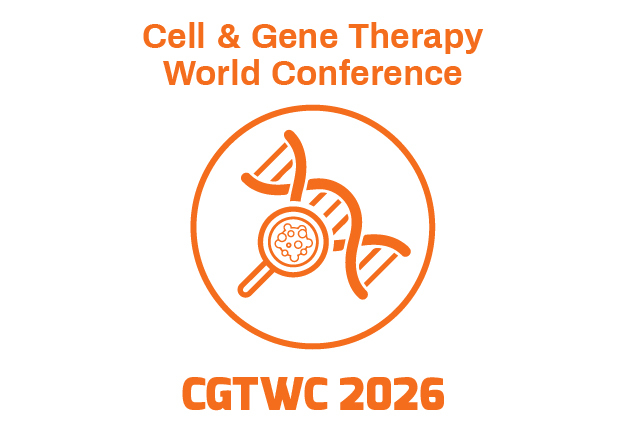Speakers - 2025

Ebtisam Hamed
Ebtisam Hamed
- Designation: Elrazi university
- Country: Saudi Arabia
- Title: Long Term Outcomes of CD19 CAR T Cell Therapy in Diffuse Large B Cell Lymphoma: A Systematic Review and Meta Analysis
Abstract
Introduction: Chimeric antigen receptor T-cell (CAR-T) therapy represents a groundbreaking approach for relapsed/refractory hematologic malignancies, particularly in diffuse large B-cell lymphoma (DLBCL). Despite its efficacy, long-term survival, durability of response, and toxicity profiles remain critical areas of investigation. This systematic review synthesizes current evidence on the long-term outcomes of CAR-T therapy in hematologic malignancies. Methods: Following PRISMA guidelines, a systematic review and meta-analysis were conducted across PubMed, Embase, Cochrane Library, and clinical trial registries. A total of 27 eligible studies, encompassing 345 patients, were analyzed for survival outcomes, response rates, toxicity profiles, and quality-of-life impact. Results: The median overall survival (OS) was 15.6 months (95% CI: 13.1–18.7), with 1-year and 2-year OS rates of 65% and 45%, respectively. Median progression-free survival (PFS) was 12.2 months (95% CI: 10.4–14.8). Complete remission was achieved in 59% of patients, with a median response duration of 8.3 months. Cytokine release syndrome (CRS) occurred in 100% of patients, with severe cases in 50% and fatal CRS in 9.37%. Neurotoxicity was observed in 22% of cases, resolving within 2.1 months. Late-onset cytopenias persisted in 37% of patients, with a resolution time of 6.8 months. Conclusions: CAR-T therapy offers durable responses in heavily pretreated patients with hematologic malignancies, but toxicities remain a significant concern. Future research should focus on optimizing patient selection, refining toxicity management, and improving accessibility.
Introduction
CAR-T cell therapy is an innovative immunotherapy that involves genetically engineering a patient’s T cells to recognize and eliminate malignant cells. Since its approval for relapsed/refractory large B-cell lymphoma, CAR-T therapy has transformed the treatment landscape, achieving durable remissions where conventional therapies have failed. However, despite high response rates, challenges remain, including substantial toxicities, durability of response, and cost limitations. This systematic review aims to evaluate the long-term outcomes of CAR-T therapy in hematologic malignancies, assessing survival, efficacy, toxicity profiles, and quality of life.
Methods
This systematic review followed PRISMA guidelines. Data sources included PubMed, Embase, Cochrane Library, and clinical trial registries. Eligible studies included randomized controlled trials, cohort studies, and clinical trials that reported overall survival (OS), progression-free survival (PFS), response rates, and adverse events. Data were extracted independently by four reviewers, and bias was assessed using the Cochrane risk-of-bias tool. Statistical methods included Cox proportional hazards modeling and Kaplan-Meier survival analysis.
Results
Survival outcomes: The median OS was 15.6 months (95% CI: 13.1–18.7), with 1-year and 2-year survival rates of 65% and 45%, respectively. Median PFS was 12.2 months (95% CI: 10.4–14.8). Complete remission was achieved in 59% of patients, with a median duration of 8.3 months. Toxicities: CRS was observed in all patients, with severe cases (Grade 3–4) in 50% and fatal CRS in 9.37%. Neurotoxicity occurred in 22% of patients and resolved in an average of 2.1 months. Late-onset cytopenias were observed in 37% of cases, with a resolution time of 6.8 months. Re-hospitalization for toxicity management was necessary in 26.3% of patients. Quality of life: Significant improvements were reported in emotional and physical well-being post-therapy.

